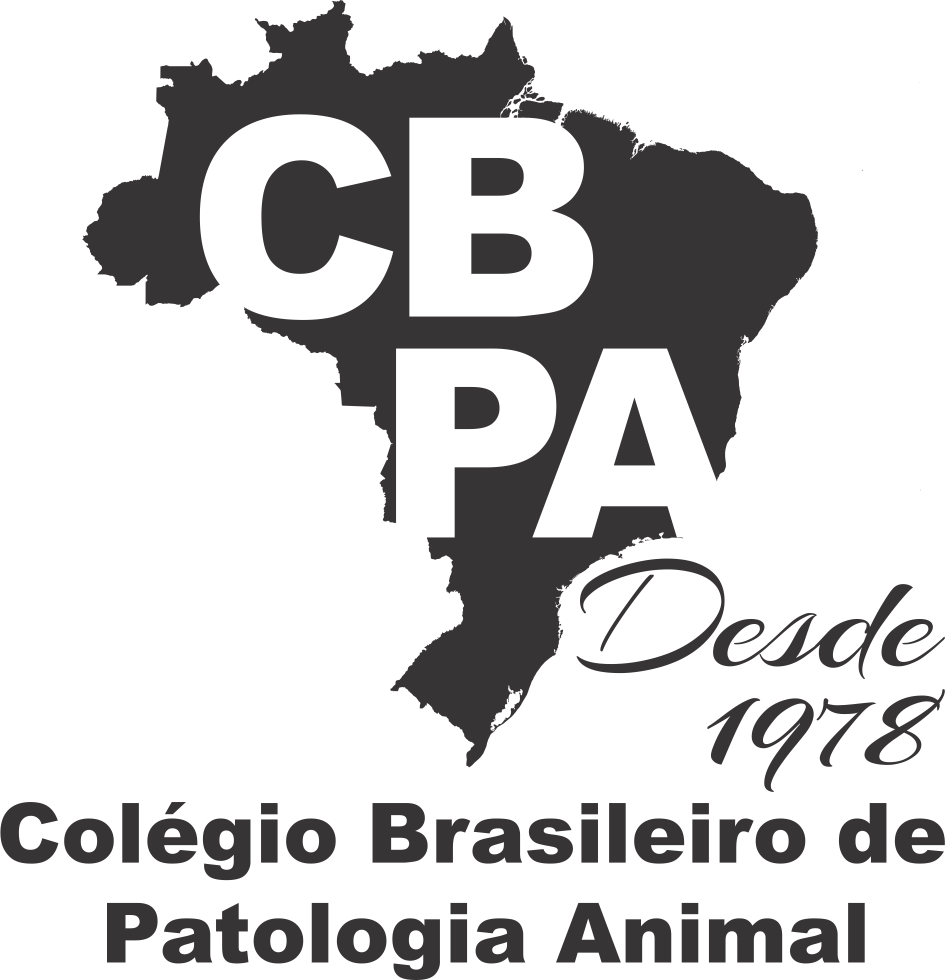Resultado da pesquisa (1)
Termo utilizado na pesquisa tirosinase
#1 - Molecular detection of albinism gene in Brazilian buffalo herds (Bubalus bubalis)
Abstract in English:
Albinism is a genetic disease characterized by deficient melanin production making affected animals more susceptible to skin problems, negatively influencing production systems of the same. In buffalo, a nonsense mutation (c.1431G>A) in the tyrosinase gene was already described, which is responsible for the oculocutaneous albinism buffalo phenotype. However, prevalence studies have never been performed for this anomaly in Brazil. Therefore, the objective of this study was to investigate this mutation in buffalo herd in Brazil. Of the 315 buffalo tested with no albinism phenotype evident, 11 (3.5%) were heterozygous for the mutation and none were mutated homozygous, showing the existence of the albinism gene in buffalo production herds and proving the importance of prevalence studies for hereditary diseases in order to prevent the dissemination of these same genes and their negative productivity consequences.
Abstract in Portuguese:
O Albinismo é uma doença genética caracterizada pela deficiência na produção de melanina, o que torna os animais afetados mais susceptíveis a problemas cutâneos e influencia negativamente a criação destes animais. A mutação nonsense (c.1431G>A) no gene da tyrosinase já foi descrita como responsável pelo albinismo oculocutâneo em búfalos, entretanto estudos prévios sobre a prevalência dessa mutação ainda não foram realizados no Brasil. Portanto, o objetivo deste estudo foi avaliar a presença desta mutação em uma população de búfalos brasileiros. Foram genotipados 315 búfalos clinicamente normais, ou seja, sem o fenótipo albino evidente. Desses, 11 (3,5%) eram heterozigotos para a mutação (N/TYR) e os demais eram homozigotos selvagens (N/N). Este resultado demonstra que o alelo mutado para o albinismo em búfalo está presente no rebanho brasileiro e aponta a importância de estudos de prevalência de enfermidades hereditárias com o objetivo de prevenir a disseminação desses alelos mutados, minimizando os prejuízos.








